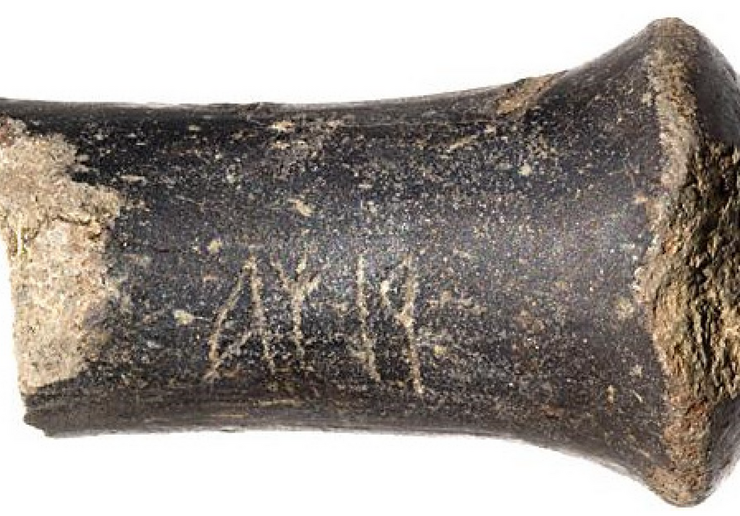Honorary Males or Emphasized Females? Rethinking Gender and Social Identities in Archaic Etruria
This paper will consider the construction of social and gender identities in Etruria during the Archaic period (c.560–480 BCE). It is argued that Archaic central Italic society operated via a complex system of social inequalities that revolved around the authority of groups of élite men. This system was maintained through the repeated performance of élite spectacles and rituals, part of which was centered on violence and coercion. It is shown that a core component of central Italic society was the corresponding high status of élite women within this social framework, which complemented the status of élite men and provided élite women with considerable power and sovereignty. This social framework draws on Raewyn Connell’s model of hegemonic masculinities and Kimberlé Williams Crenshaw’s ideas relating to intersectionality. This paper draws on two sets of evidence, firstly, an analysis of burial data from Chiusi and Southern Etruria. and secondly, inscriptions from the necropolis of Crocifsso del Tufo and the Portonaccio and Pyrgi sanctuaries.
The lecture will take place at 6:15 p.m. in the Gartensaal of the Wiegandhaus
(Entrance: Peter-Lenné-Str. 28-30). If you are interested in attending, please register in advance by emailing veranstaltung.zentrale@dainst.de
The lecture will also be broadcast via Zoom:
https://dainst-org.zoom.us/j/96653601101?pwd=y83djJ3XxqwO3GaV7iu4D0UMVKGSre.1

